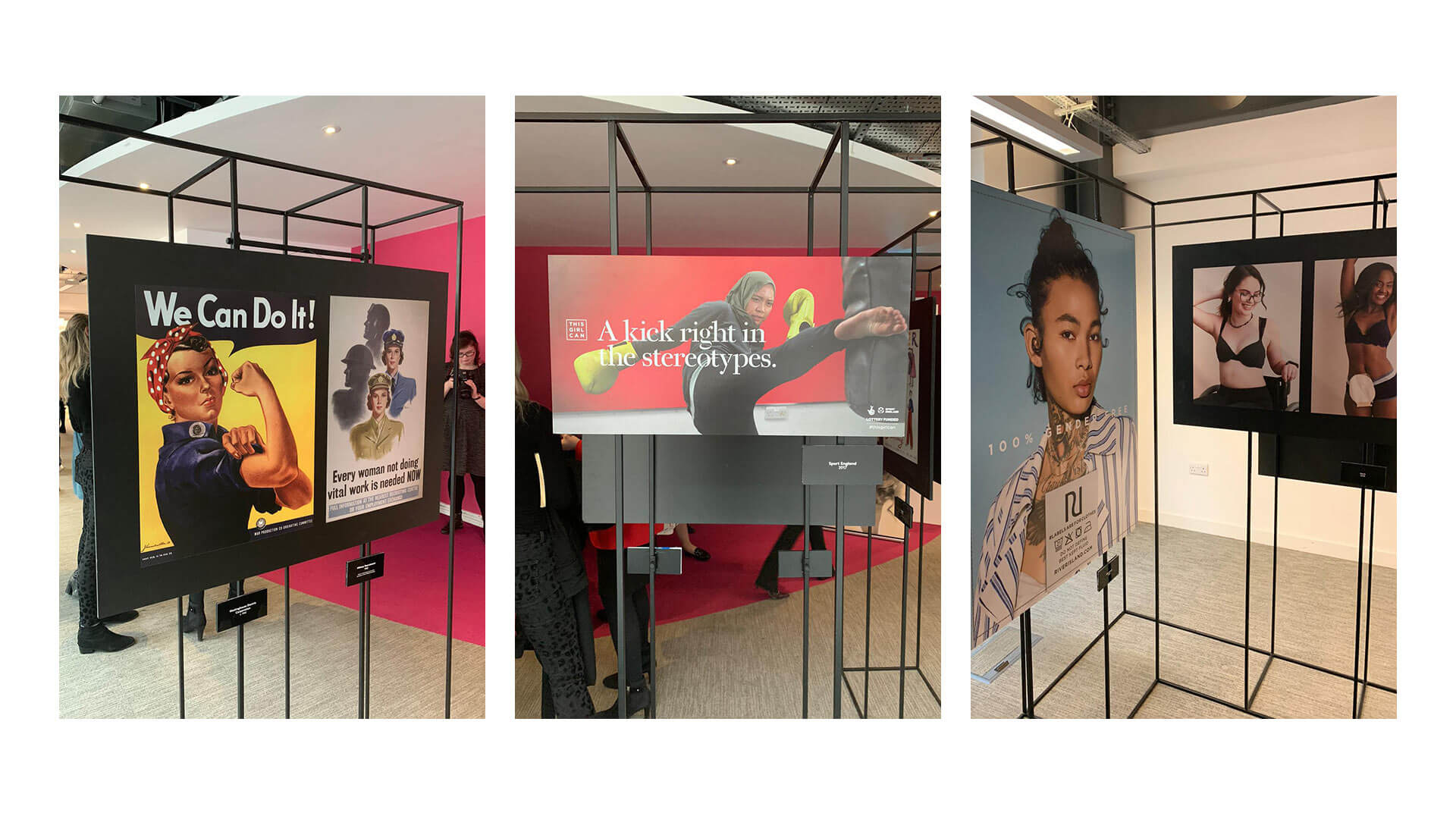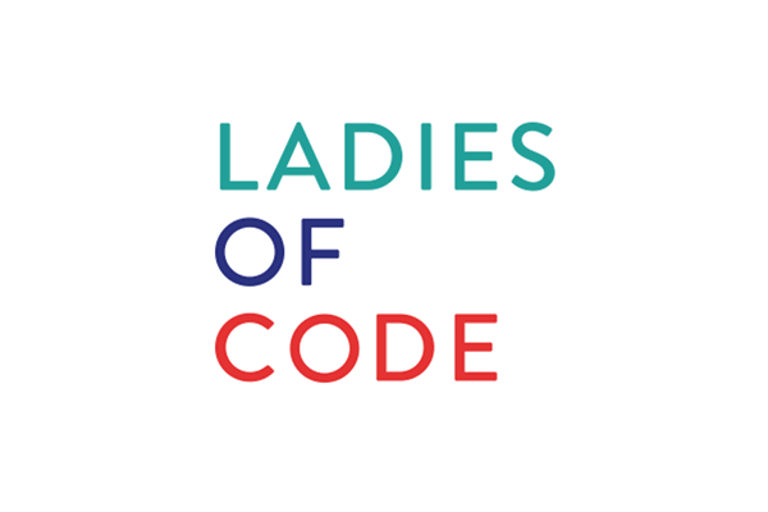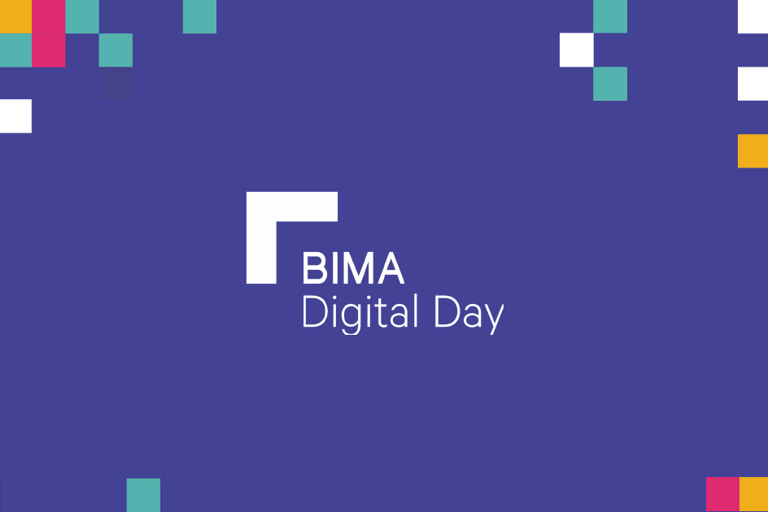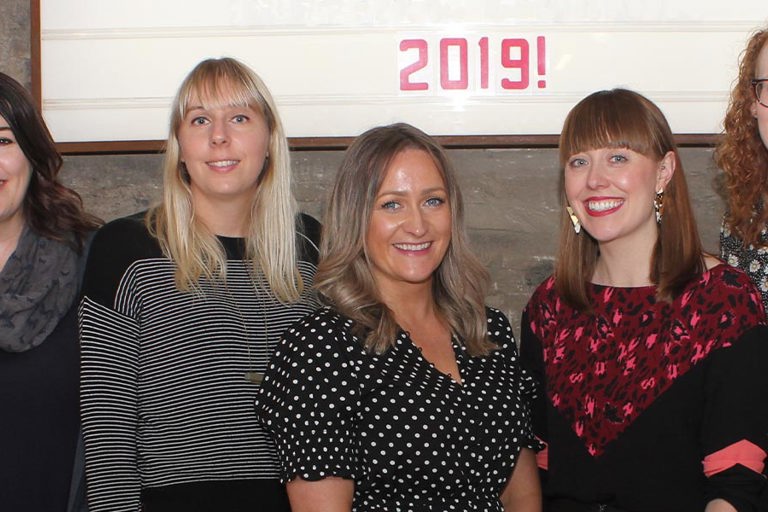What Women Want
Last month, we visited MediaCom North Manchester for the inspiring ‘Women In Marketing’ event, held in collaboration with Kantar, to learn more about the changing landscape of marketing to women by looking into the past, present and future. Here's what we took away from the day.
Our mission was clear – to learn more about the changing landscape of marketing to women by looking into the past, present and future. The series of talks did exactly that, using the theme of ‘from’ and ‘to’ throughout the day, marking the evolution of how communicating with women has changed.
This was centred around Kantar’s research into the past 100 years – since some women got the vote – on the portrayal of women in advertising, which was supplemented by an exhibition of ad campaigns curated using material from the report.
With first-hand experience in researching and marketing to women through leading brands, we heard from authoritative voices including Jane Bloomfield, Head of Business Development of Kantar, Kenyatte Nelson, Chief Brand Officer of N Brow and Roisin Donnelly, Non-Executive Director of Holland & Barrett. Each had their own unique perspective, with insight and experience to share.

Some of the key takeaways included and powerful statements included:
- 6% of adverts that use women show an authoritative role
- 85% of women say advertising needs to catch up with the real world when depicting women
- 46% of drink brand adverts target women
- 12 trillion dollars could be added to GDP by 2025 by sharing equality of advertising
- Ads showing women in less progressive roles are two times as likely to get negative feedback scores
- “Too much of what we create speaks about women. Not enough of it speaks to women.” (Kenyatte Nelson, Chief Brand Officer of N Brow)
Kenyatte and Roisin also shared some of their recent campaign work including Always’ ‘Like a Girl’, Simply Be’s diverse body shapes initiative and Holland and Barrett’s 'Me.No.Pause' campaign, which won free advertising space from TFL due to its inclusive message about women experiencing menopause. The common thread from each campaign was how advertising can change perception through challenging stereotypical views, and when marketing to women uses positive messaging to uplift women it creates the most impact.
So, how does all this play into our marketing strategy at Dog? A lot of this information isn’t news to us, but to hear it collectively from industry powerhouses made it resonate further. One of the strongest lines from the day came from Jane, who said “Instead of thinking of who you’re targeting, flip it and think of who you’re excluding”. And she’s right, it’s up to us as marketers to challenge what demographics brands are trying to reach through advertising, continuing to strive for equality and representation for women, racial, cultural and LGBTQ+ communities.
Written by: Chloe Lambert
Read more of our insights

Ladies of Code
At this month's Ladies of Code meet-up, our very own Head of Development, Kimberly Blessing, delivered a talk all about Progressive Web Apps.
Read more

Challenging the next generation to enter the digital industry
As part of BIMA Digital Day, Dog went to Lenzie Academy to help their students complete one of three sponsored challenges for a chance to be crowned BIMA Digital Day champions.
Read more

Kirsty Burns: TRC Special Edition Class of 2019
We caught up with Account Director, Kirsty, for a quick Q+A to hear all about how she’s feeling ahead of starting TRC’s Special Edition programme this year.
Read more
